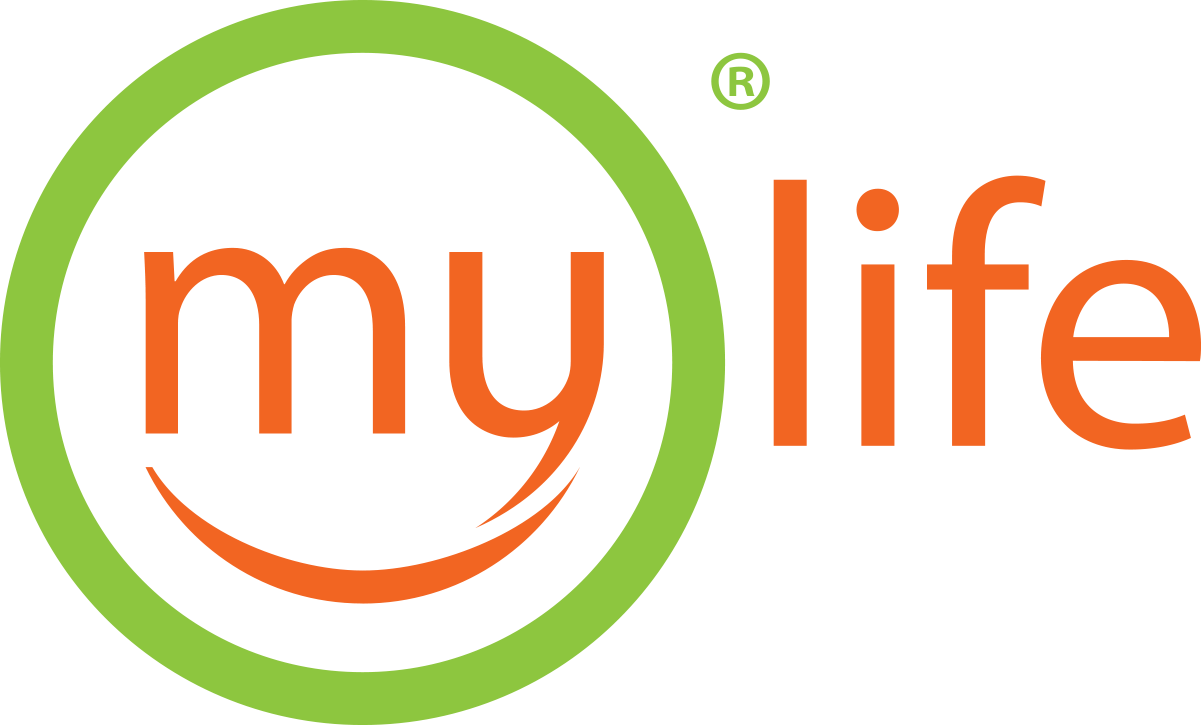That warm feeling you get after doing something kind isn’t just made up in your head - that’s right, there are scientifically proven benefits to being kind, and it all comes down to the chemicals in your brain.
Each time you act kind, your brain releases a variety of hormones that contribute to your mood and overall wellbeing.
We’ve done the reading so you don’t have to, and summarised all of the benefits to give you a snapshot of how powerful kindness can really be.
P.S. If you’re extra intrigued and want to check out some of these studies, you can find all of our resources at the bottom of the page!
Resources
Kindness Increases Oxytocin: Natalie Angier, The Biology Behind the Milk of Human Kindness
Kindness Increases Energy: Christine Carter, Raising Happiness
Kindness Increases Happiness: Lara Aknin et al., Prosocial Spending and Well-Being: Cross-Cultural Evidence for a Psychological Universal
Kindness Increases Lifespan: Christine Carter, Raising Happiness
Kindness Increases Pleasure: Lara Aknin et al., Prosocial Spending and Well-Being: Cross-Cultural Evidence for a Psychological Universal
Kindness Increases Serotonin: Tayla Steinberg, Practicing Acts of Kindness
Kindness Decreases Pain: Lizette Borreli, Random Acts of Kindness Raise Dopamine Levels And Boost Your Mood
Kindness Decreases Stress: R. McCraty et al., The impact of a new emotional self-management program on stress, emotions, heart rate variability, DHEA and cortisol
Kindness Decreases Anxiety: Dr. Lynn Alden, Kindness May Help Socially Anxious people Relax
Kindness Decreases Depression: Stephen Post, Altruism, Happiness, and Health: It’s Good to Be Good
Kindness Decreases Blood Pressure: Dr David Hamilton, The 5 Side Effects of Kindness
Kindness is Contagious: Jamil Zaki, Kindness Contagion
Kindness is Teachable: Helen Weng et al., Compassion Training Alters Altruism and Neural Responses to Suffering

